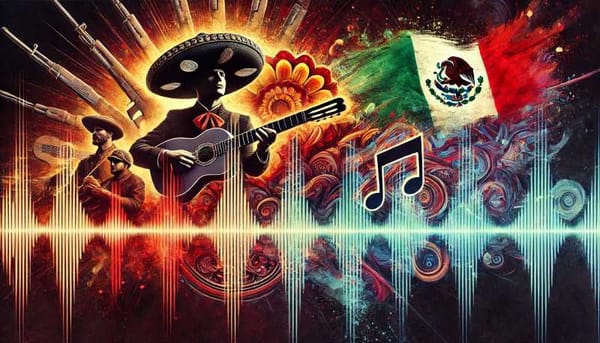A chequered history with a blurred future: Italian Public Broadcasting (RAI)
RAI (short for Radiotelevisione Italiana) is Italy's public broadcasting company. Check out its storied history with a mixed future.

Italian radio began as public radio. Its first steps were taken as Radio Audizioni Italiane to which it owes the acronym by which it is still known today. RAI was founded on January 3, 1954, as can be checked on its website www.rai.it. It currently offers broadcasting, television, satellite services, and a digital terrestrial platform.
Although its name has changed several times, Italians still affectionately call it "la RAI". Although at the beginning it was a media conglomerate organized through the Unione Radiofonica Italiana -a company created in 1934 by the Ministry of Communications of that country as a private company-, it always had income from advertising and state budget, and governments soon saw the didactic uses that access to this type of media could have. Thus, Benito Mussolini nationalized the broadcasting service in 1927, changing its name to Ente Italiano per le Audizione Radiofoniche (EIAR).
According to an article by Graciela Martínez Matías -published in Zócalo magazine in October 2012- during the post-war period "RAI emerged as an educational instrument for the construction of a new project of society", considering the period from 1924 to 1954 the luminous era of radio. And it must have been since it was during this period that Federico Fellini collaborated with EIAR. Federico Fellini wrote ninety scripts for the Italian Radiophonic Entity, which he joined in 1941. In these works, he presented music programs, magazines and made the famous series Terziglio that tells the adventures of Cico e Pallina. The serial was broadcast between 1942 and 1943, and thanks to it Fellini met Giulietta Masina -actress who participated in the serial- whom he married in 1943.
RAI's financing comes from several sources: the main one is the so-called Canon, a tax charged to the owners of a receiving device, whether radio or television; another source is advertising through its different spaces. The company has diversified and has allowed private capital to enter: 99.56% of its shares are owned by the Ministry of Economy and Finance, while 0.44% of them belong to the Italian Society of Authors and Publishers.
As a media conglomerate, for a long time, RAI held the news and entertainment monopoly in that country, but in the seventies and eighties, Silvio Berlusconi's FINIVEST company was born and strengthened, which has undermined both its revenues and its audience.
In 1975, Law 103 succeeded in getting the Executive to relinquish control of RAI to the Parliament, which - in the purest style of electoral quotas - has been a problem because the main parties, based on majorities or minorities, share the frequencies of state broadcasting.
The PRI candidate for the presidency of Mexico, during the debate held by the IFE, mentioned that television does not make presidents. But the truth is that in Italy, experience had shown that knowing well the entrails of the media could achieve political positioning in 1994, thus managing to take over powerful private media companies and also controlling, through the Forza Italia coalition, some of the RAI radio stations.
RAI is considered a public service media and has a wide variety of programming, since in radio alone it has twelve stations, nine that transmit through the airwaves and the Internet, and three that transmit through the information superhighway. The stations include pop music, classical music, spoken programming, a station dedicated to parliamentary work, and one specializing in the news; the programming is also divided by locality and there is also a station abroad.
Besides radio, TV channels specialize in sports, education, children, and Italian films, as well as web portals for literature, art, and cinema. RAI also finances films, and on its website www.rai.it provides information on how to pay the fee, legal aspects, human resources, regional offices, etc.
RAI is currently facing challenges in its digitalization processes in TV and radio, as little has been invested in technology. Moreover, the Canon has become an unpopular tax among citizens who are now facing a tough economic crisis as a nation and as part of the European Union; in addition to legal attacks by industrialists, since in addition to Mediaset -Berlusconi's company-, pay-TV is seeking to prevent advertising in public broadcasting -considering it an unfair competition- under the Amsterdam Treaty of 1997, which recognizes public service media as cultural guardianship of the country, but does not allow them to commercialize their spaces.
By: Antonio Zavaleta, Source: UNAM Radio




